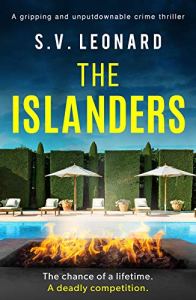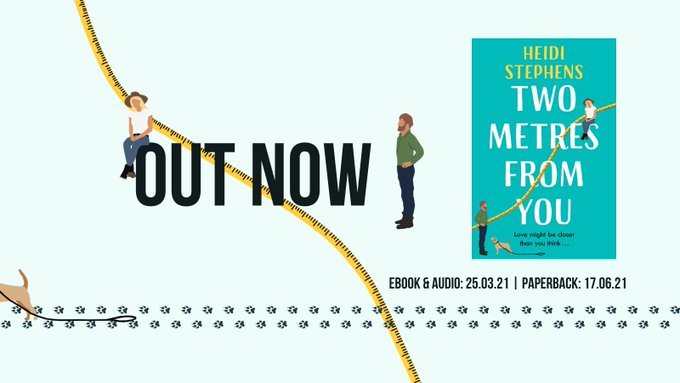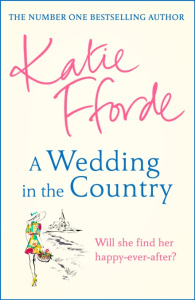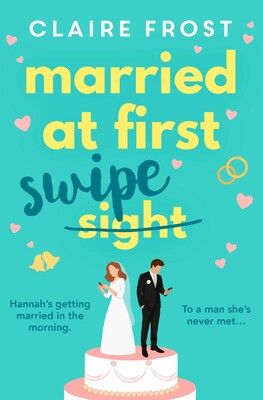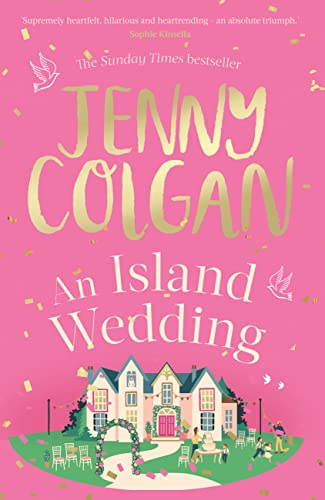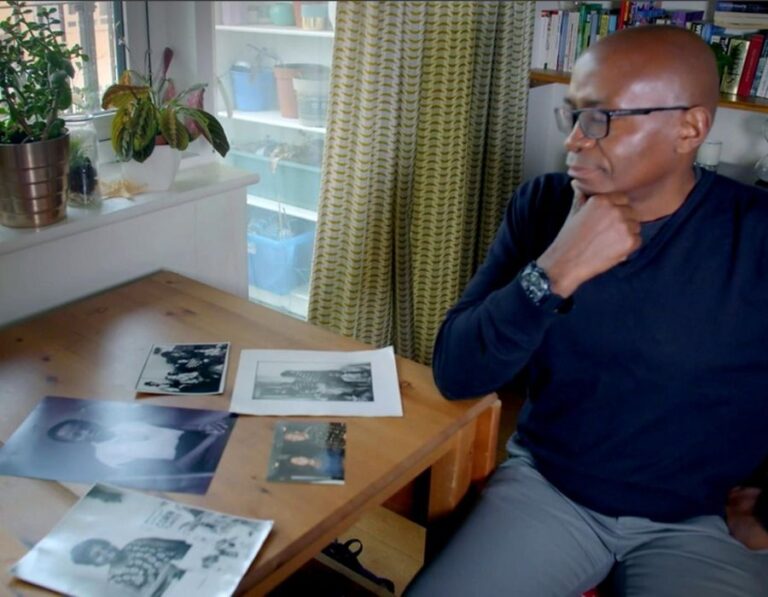And when widower Mukesh arrives at the library, desperate to connect with his bookworm granddaughter, Aleisha introduces him to the magic of the reading list. An anxious teenager and a lonely grandfather forming an unlikely book club of two.
From timeless stories of love and friendship to an epic journey across the Pacific Ocean with a boy and a tiger in a boat, the list opens a gateway to new and wonderful worlds – just when Aleisha needs an escape from her troubles at home.
Sara Nisha Adams debut novel, The Reading List, is published by Harper Collins on 22 July 2021.
This is the hardest question ever! I’m very much someone who reads based on my mood … but, the one book that I can and will read, however I’m feeling, is Arundhati Roy’s The God of Small Things, which I could talk about for ever. It has been my favourite book (and I don’t really have favourite books) for a very long time – the language is incredible, the story heart-breaking but one that will never leave you. I have read it over and over again – and would gladly do so forever.
For me, I try to write in the mornings, before the rest of the world is awake and before I start my working day – or I’ll book a week off work to do big chunks of writing when a deadline is looming. I almost stopped writing completely, when work became really busy, and I didn’t write The Reading List until I committed to making space for it, acknowledging that some things in my life might be a little neglected for a while. But it’s a privilege to be able to do that, to be able to make space for it in my life, and I’ve not regretted it yet…!
Sara kindly answered a few of my questions.
3. Are you a plan, plan, plan writer or do you sit down and see where the words take you?
6. If you could only read one book for the rest of your life which book would it be?
1. Tell us a little about The Reading List.
I’m always fascinated to know when other authors write, and how they make space for it in their lives, so I’d love to be asked that question too as I’m aware lots of people might assume that authors write fulltime or go on writing retreats and hammer out a novel super quickly – when in reality, lots of writers juggle writing their novels around busy lives and jobs.
I used to just sit down and see where the words would take me – but I realised that whenever I did that, I didn’t get very far and my drive and focus would fizzle out eventually. I’d have an idea of what I wanted to say, and where I wanted the story to go, but with no idea how to achieve it. So, with The Reading List, I wrote myself a synopsis and a plan. I didn’t stick to it rigidly, and things changed constantly, but it helped keep me focused. That said, with my second book, I tried to write a plan, and then never looked at it again … so it comes and goes! I do try to plan, I feel more productive when I have something to refer back to, and it helps me feel a little less lost, but sometimes the story does what it wants regardless…!
7. I like to end my Q&As with the same question so here we go. During all the Q&As and interviews you’ve done what question have you not been asked that you wish had been asked – and what’s the answer?
2. What inspired the book?
The Reading List is the story of an unlikely friendship between a widower, Mukesh, who is trying to connect with his bookworm granddaughter, and a teenager, Aleisha, who is working in the library for the summer. Aleisha discovers a reading list left in a library book and, as she starts to read, the books transport her away from the painful realities she’s facing at home. And when she meets Mukesh, she realises the books on the list might help him too… It’s a book about family, loss and love – but especially stories, and ways they help us both escape and look at our own lives with a fresh perspective.
When Aleisha discovers a crumpled reading list tucked into a tattered library book, it sparks an extraordinary journey.
I really wanted to write a novel that celebrated stories, and libraries. Libraries are vital for communities – they are safe spaces for many, they’re places to connect with others. When I was younger, my weekly trip to the library was so crucial in instilling within me a love of and respect for books. The story is also partly inspired by my grandparents, and my Dada in particular, who always used to ask me what book I was reading when I was little. As a shy child, I used books as a shield, something to hide behind – but when he asked me about the stories, I opened up: I could talk for ages about a book without feeling awkward or shy. This experience definitely inspired Mukesh’s relationship with his granddaughter Priya – and I’m so pleased that my Dada is, in so many ways, the start of this story.
I think the whole process of being edited surprised me. Having never done the author’s side of the work before, I wasn’t quite sure how I’d manage it. But the process of being edited was so brilliant, and highlighted clearly to me how crucial it is to have an editor’s point of view to take on board because it’s often impossible to judge your work yourself, or to see how to improve it. At so many stages, I was far too close to the book to work out if it was saying what I needed it to say, or not. The editing process was really helpful; it made me think beyond myself and my own reading of the book, and all the creative ideas from my editor and agent helped spark so many of my own ideas too. They showed me bits of my work that I couldn’t see for myself – the good and the bad, and the novel wouldn’t be what it is now without them.
Good question – my life is pretty much … books. From editing, to writing, to reading for fun too, books take up most of my time, in the very best way. But, I enjoy eating, cycling, watching films, eating, photography, hanging out with my cat, singing badly around the house … (I’m sure I used to do other things too, but that was a pre-lockdown life that hasn’t quite come back to me yet).
5. What do you do when you aren’t writing? What do you do to relax and get away from it all?
4. Given you work in publishing, is there anything about the process of publishing a book from the viewpoint of an author that surprised you?
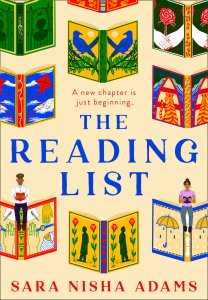
About the Book


